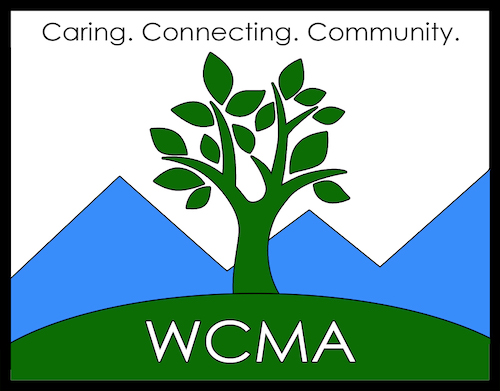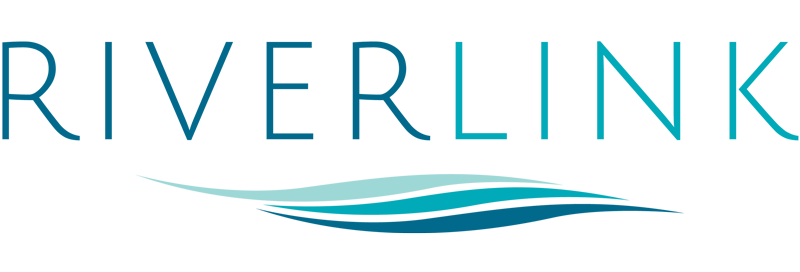RiverRATS
Creating a New Generation of River Stewards
Our RiverRATS Education Program provides free environmental education activities to students throughout the French Broad River watershed. Activities are focused on place based, hands on, STEAM (Science, Technology, Engineering, Art, and Math) experiences that are aligned with the NC Essential Standards. Activities give students a chance to act as stream ecologists and river stewards, helping them gain a deeper connection and understanding of our local streams and rivers.
- Location: Lessons can be hosted in the classroom, at a stream site, or virtually.
- Age Group: Grades K-12, with a specific focus on grades 3rd-8th.
- Time Frame: Lessons can range between 45-90 minutes.
- Size Limits: 30 students per lesson, 4 lessons per day, for a max of 120 students/day.
- Service Area: We work with public, charter, and private schools in Buncombe, Henderson, Madison, and Transylvania counties in North Carolina.
- School Limits: We can accommodate up to 3 days of programming with each school per year.
- Find more information in our FAQ below.
This is a needs based program and we will prioritize schools that lack access to natural spaces, as well as those with a high percentage of low-income families and students of color.

Lesson & Activity Offerings

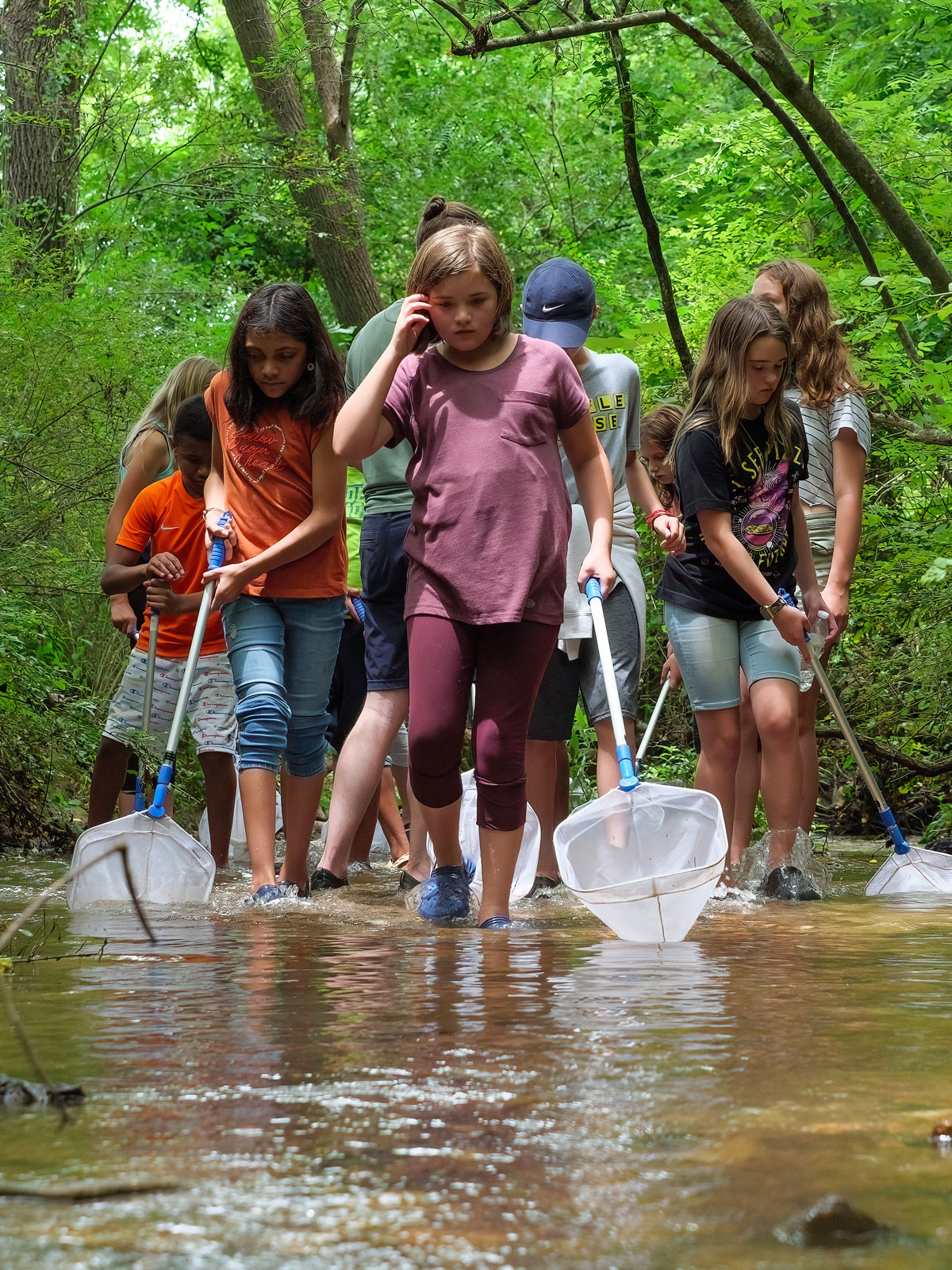
Macroinvertebrate Sampling

Get your students in the water to search for these incredible little bugs. Through this activity your students will learn about specific adaptations macroinvertebrates use to survive and how they contribute to stream health. Students will search for critters using specialized nets, and identify species using a dichotomous key. Once they’ve collected a good sample we’ll discuss their findings, and use them to determine the health of the stream.
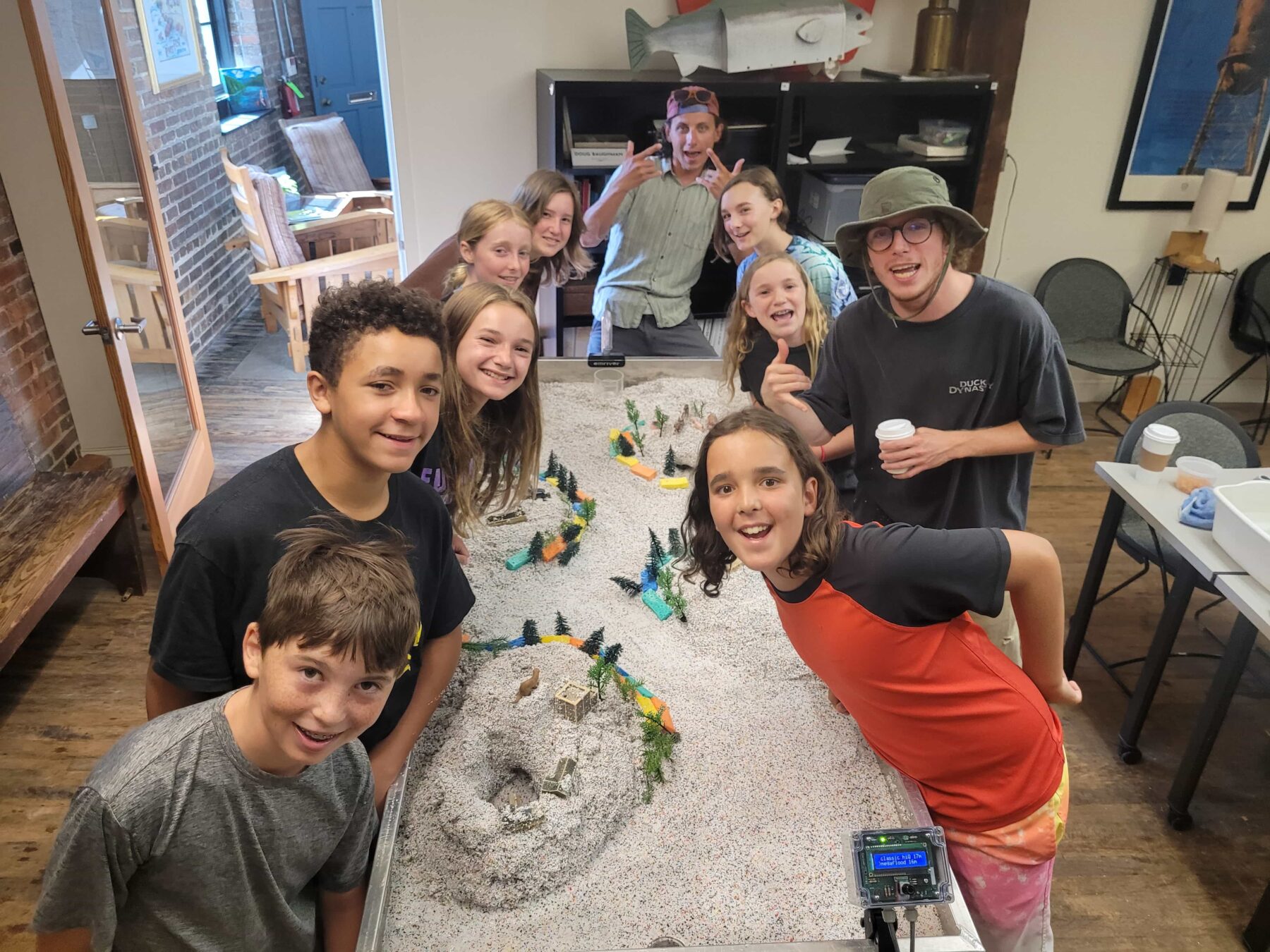
Erosion & Flooding – Stream Table Simulation

Learn about how rivers form, erode, and change over time with our interactive stream table model. Your students will get to watch as a river is created right before their eyes. They’ll get to build small communities and learn best practices for building and living along a waterway.
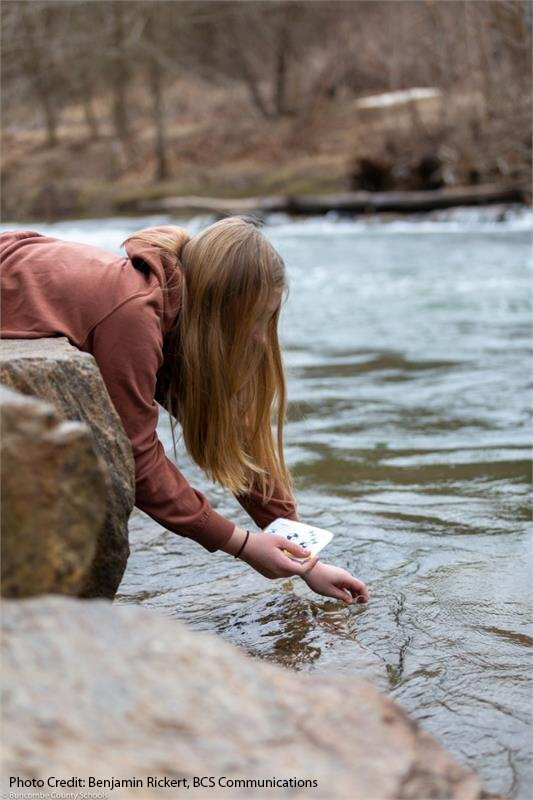
Water Chemistry Testing

Let your students be chemists for the day as they use various methods to test the health of a local waterway. Our educators will guide them through the process of finding 5 of the most important water quality standards. We’ll then discuss the surrounding area, and form hypotheses about what might be impacting the waters chemistry.
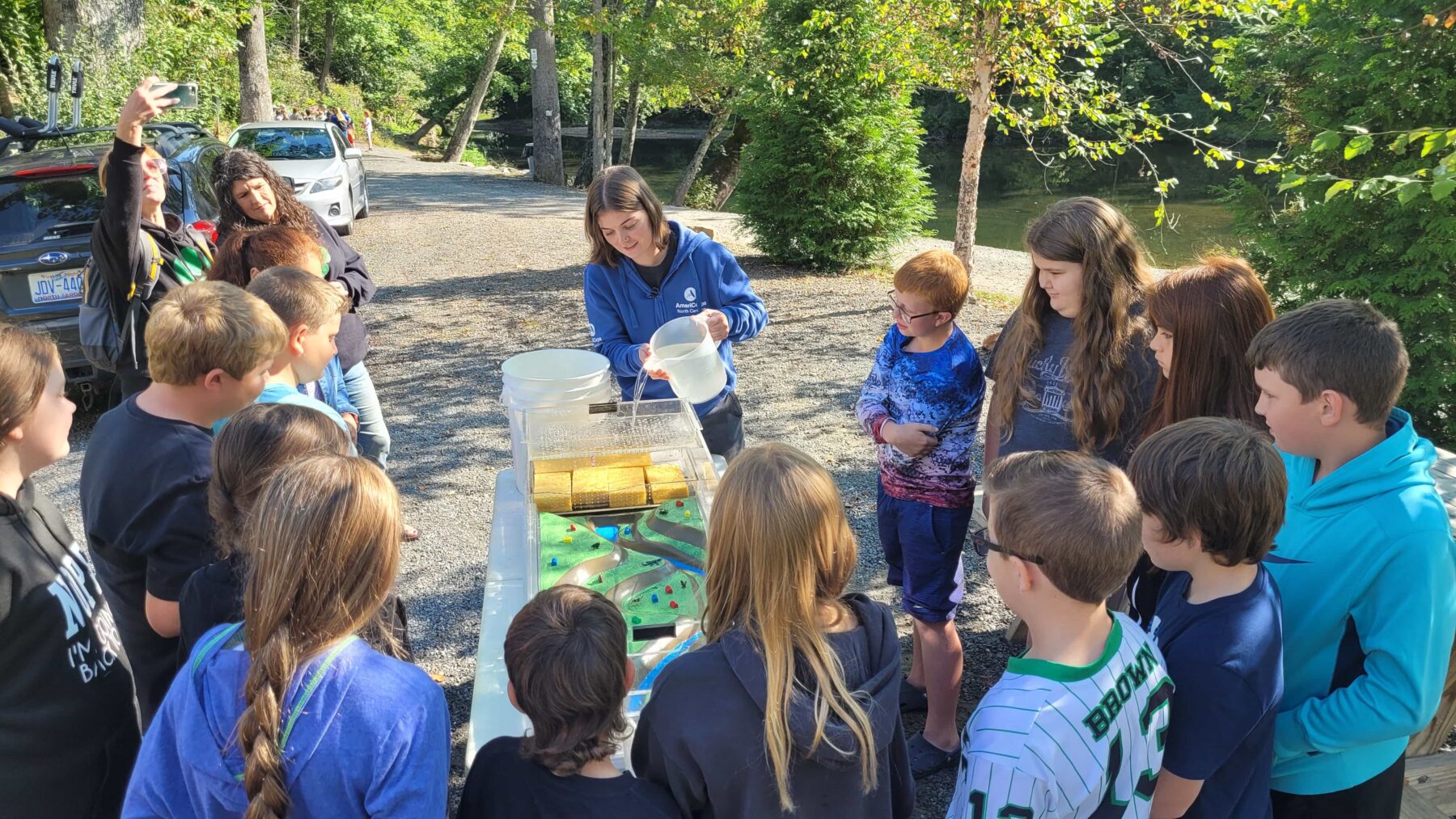
Stormwater & Land Use

Help your students understand how water moves through our urban environment and interacts with the land. We use and engaging model to learn about the path of stormwater and the various human impacts on it. Students will explore different types of land uses and possible solutions that can help us manage stormwater. Afterwards we’ll play an active game to reinforce what we’ve learned.

Water Cycle – The Incredible Journey

Explore the water cycle and help your students understand how water moves through the hydrosphere. Kids will take on the role of a water molecule as it moves through the water cycle. Each students journey will be different and along the way they’ll create a unique bracelet to reflect this. Afterwards we’ll discuss the differences between each stage and the various ways that water moves between them.
Frequently Asked Questions
How many lessons can I request in a year?
We are able to do three days of programming per year with each school, this is per school not per grade level so make sure to coordinate with your fellow teachers. Depending on the size of your group we may be able to run multiple different lessons in that time frame, or we may just rotate many groups through the same lesson.
How far in advance should I request a lesson?
Our program calendar fills up quite fast so we recommend requesting at least a few months in advance. If you’re looking for fall programming we suggest you reach out in late spring. If you’re looking for Spring programming we suggest reaching out sometime during the winter.
How many students can participate in a lesson?
Each of our lessons can accommodate up to 30 students at a time. For the sake of our staff we prefer to limit lessons to 4 per day, meaning we can teach up to 120 students over the course of a day.
Where is the stream?
We can meet your class at a lot of different local waterways. Our staff will work with you to find the most convenient, safe, and appropriate locations for your group.
What do students need to bring?
Students joining us at the stream should come prepared with clothes and shoes that can get wet and/or dirty, sunscreen, and water. If your students do not have access to good water shoes or clothes we do have Crocs that we can bring on request.
If we’re coming into the school then all your students will need is a curiosity for environmental science and maybe a pen and paper to take notes.
Are students required to get in the water?
No one is required to get in the water if they are uncomfortable. We want everyone to have a positive experience, whether that’s on the bank or in the stream.
What happens in the event of inclement weather?
Depending on the weather we may have to cancel or reschedule your lesson at the stream. If it’s just a light sprinkle, we will continue as planned; however, if there’s concerns about flooding, low temperatures, thunder or lightning we will contact you to discuss alternative options.
All lessons in the classroom will follow typical school delays and closures.
How can I help Support this Program?
Making a donation is a great place to start! If you can’t make a financial contribution then you can help spread awareness of our program to your parents and fellow teachers.
Thank you to our program sponsors

